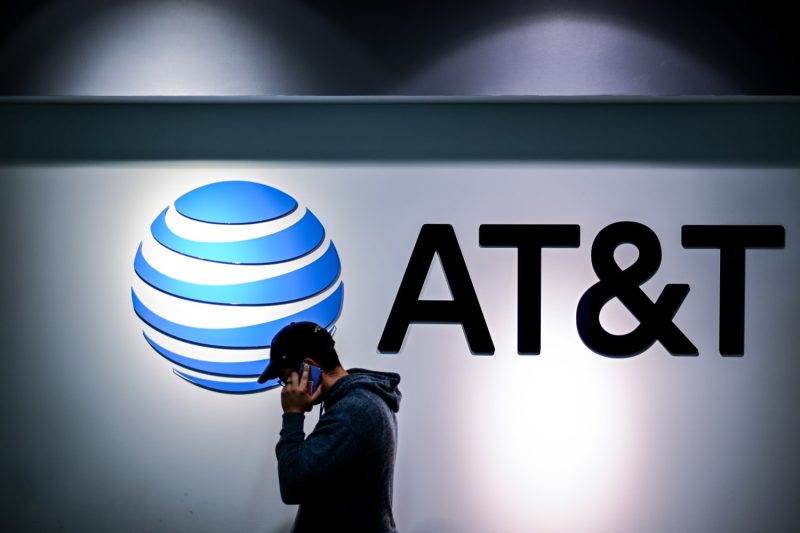In the digital age, the issue of privacy and data protection has gained increasing importance as individuals are now vulnerable to having their personal information misused or stolen. In a recent case, AT&T and other phone companies have been sued over stolen nude images, bringing to light the liability that these companies may face following a court ruling.
The lawsuit stems from a disturbing incident in which private and explicit photos of a woman were allegedly stolen from her smartphone. The victim claims that hackers were able to gain access to her device through a security vulnerability in her phone service provider’s system. The images were then disseminated online without her consent, leading to emotional distress and damages to her reputation.
The court ruling in this case could have profound implications for phone companies and other service providers. It highlights the potential legal consequences they may face if they fail to adequately safeguard user data and prevent unauthorized access to sensitive information. In this digital age, where personal devices store a wealth of private information, companies must prioritize cybersecurity measures to protect their customers from such violations of privacy.
Moreover, the lawsuit also underscores the need for strong data protection laws and regulations to hold companies accountable for breaches of privacy. As online threats continue to evolve and cybercriminals become increasingly sophisticated, it is essential for lawmakers and regulatory bodies to implement stringent measures to safeguard users’ personal information and prevent unauthorized access to sensitive data.
In conclusion, the lawsuit against AT&T and other phone companies serves as a cautionary tale for businesses to take the necessary steps to enhance their cybersecurity protocols and protect user data. It also emphasizes the importance of stringent data protection laws to ensure accountability and prevent privacy violations in the digital age. As technology continues to advance, safeguarding personal information must remain a top priority to preserve trust and security in our increasingly connected world.

